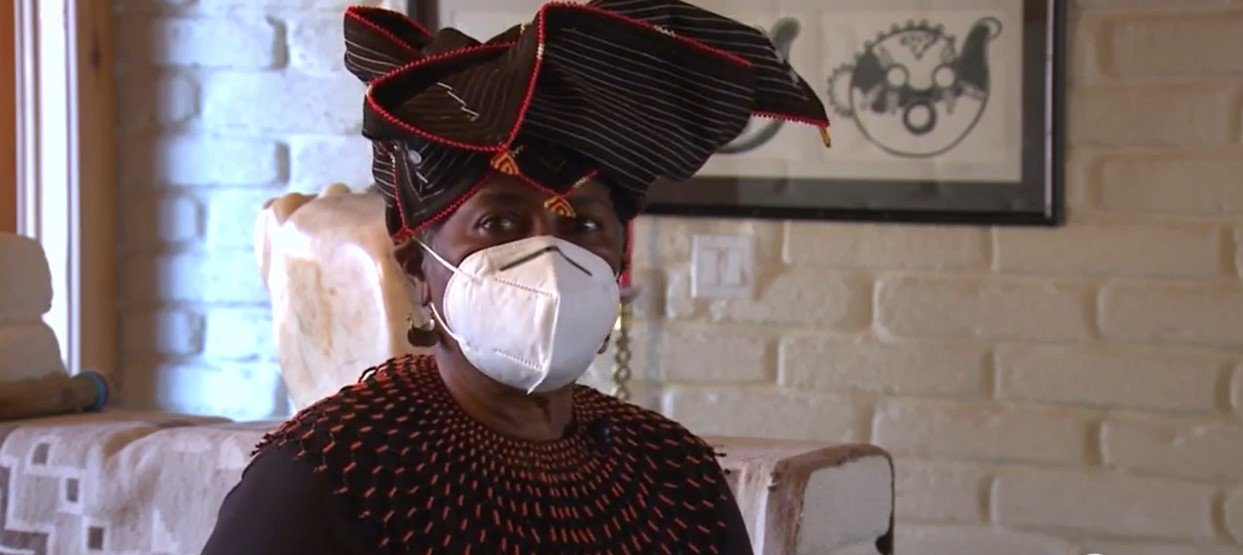Sunday marks the start of Kwanzaa and one local woman is turning to education to celebrate the special tradition.
It’s a seven-day, non-religious holiday observed in the United States. Kwanzaa is meant to honor African Americans’ ancestral roots.
“It’s so important to convey this tradition because it’s ancient. It’s not new, it’s old, and it brings us together,” Doris Fields, who celebrates Kwanzaa, said.
The tradition often involves symbolic items like a candle holder (Kinara), unity cup (Kikombe cha Umoja), placemat (Mkeka), crops (Mazao), corn (Muhindi) and gifts (Zawadi).
Fields has celebrated the holiday for over 35 years, from paying homage to ancestors to sharing hopes for the new year.
“Usually there are people in their 90s [who attend], and they have so much wisdom,” Fields said. “They have so much to offer to us.”
While Fields’ annual events may look smaller due to the coronavirus pandemic, she said she doesn’t stop the opportunity to teach.
On Sunday, her Placitas home was a haven for a small group of friends, eager to learn more about the tradition.
“There were people here who had not had Kwanzaa with us before, so it’s very nice to be able to share our thoughts,” Fields said.
The holiday involves seven principles, represented by candles: unity, self-determination, collective work and responsibility, cooperative economics, purpose, creativity and faith.
“I’ve been celebrating Kwanzaa with my family. probably for the last like 10 or 15 years,” Markella Clinton, who also celebrates Kwanzaa, said. “It’s something I look forward to every year. It’s a great family excuse. It’s a great community motivator as well because you don’t just have to be family to be able to come and enjoy.”
According to UCHealth, a not-for-profit health care system, Kwanzaa is the fastest-growing holiday in the world.
As popularity increases, Clinton said it’s important to ask important questions.
“Don’t be afraid to ask questions. Don’t be afraid to look for information,” Clinton said. “Educate yourself, because it’s not a religious holiday. It’s about community engagement and having faith in yourself and having faith in your community.”
The celebration lasts until Jan. 1.

